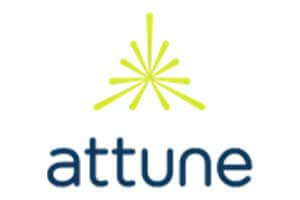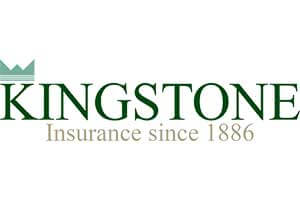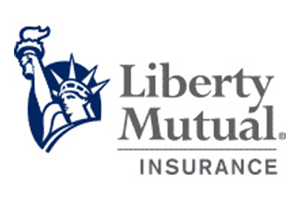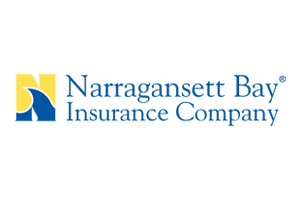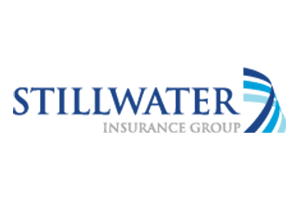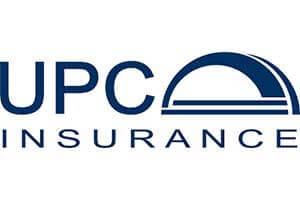Automobile

Most states now require some level of auto insurance. There are different tiers—comprehensive and collision being the most common—and a wide variety of specific coverage available from maximum payout limits, to differing liability limits, to specific items such as windshield replacement and rental car costs, and more.
Boats

As important as auto insurance but often not treated as seriously, boat insurance can offer coverage for the vessel itself and also for any damage caused by the vessel to third-party property. It also provides coverage for bodily injury and other liabilities. Insurance will differ depending on where and how the boat is used and stored and the replacement value of the boat.
Co-ops

A co-op insurance protects the owner of a co-op apartment. While the co-op association will have a master policy covering common areas such as hallways, basement, roof, elevators, walkways, stairways, etc, the individual is responsible for insuring their particular apartment and its contents.
Condos

Although you do not own the building or land in which your condo sits, you are responsible for insuring your condo. The condo association will insure the building and external property but you are responsible for repair within your unit, for the replacement of any damaged or stolen property from within your condo, for any guest being injured within your condo. Condo insurance can also help if any costs for exceed the coverage provided by the condo association and if you require alternative accommodation because of damage to the condo or building.
Fine Arts

Many homeowners policies either exclude artwork or have such low limits that it amounts to the same thing. However, most insurance companies do offer separate coverage. This will be custom-designed to reflect the value of the piece, the circumstances of ownership—how an where it is stored or displayed for example—and whether the owner will want to replace the piece with something similar or wish to have it restored.
Furs

While a less expensive fur may be covered under your homeowners or umbrella policy, a more valuable piece will not and you will need separate coverage. Most insurance companies require an appraisal from a certified valuer and may require that any valuation be renewed every two years.
Homeowners

Homeowners insurance is a combination of coverages designed to help you repair or replace your home and belongings in the event of fire or theft, natural disaster, vandalism and more. A homeowners insurance is not a one-size-fits-all policy and it is important that it is tailor-made to you and your needs—both in cost and in coverage.
Jewelry

Most homeowners policies will cover up to a certain amount per individual item. However, if you have specific pieces that are worth more—perhaps an engagement ring or a family heirloom—you should purchase specific coverage.
Motorcycles

As with auto insurance motorcycle insurance is now a legal requirement in most states. Levels of coverage vary from comprehensive to collision, and costs of policies can be affected by previous claims, whether or not the insured has taken a safe-riding course or belongs to a riders’ club, the level of medical insurance required, uninsured motorist coverage, roadside assistance, and more.
Renters

While you are not responsible for the insurance of the property you are renting you are responsible for your belongings and for any visitors to the biome. Renters insurance can be tailor-made to suit your needs and is typically relatively inexpensive.
Umbrella

An umbrella insurance policy offers extra liability insurance that goes beyond the limits of your other policies—homeowners, boat, auto, etc. Essentially the umbrella policy kicks in where other policies leave off and also can provide additional coverage against libel, slander, vandalism, invasion of privacy, damage to third-party property, or injury caused to others by an accident either on or off your property.


